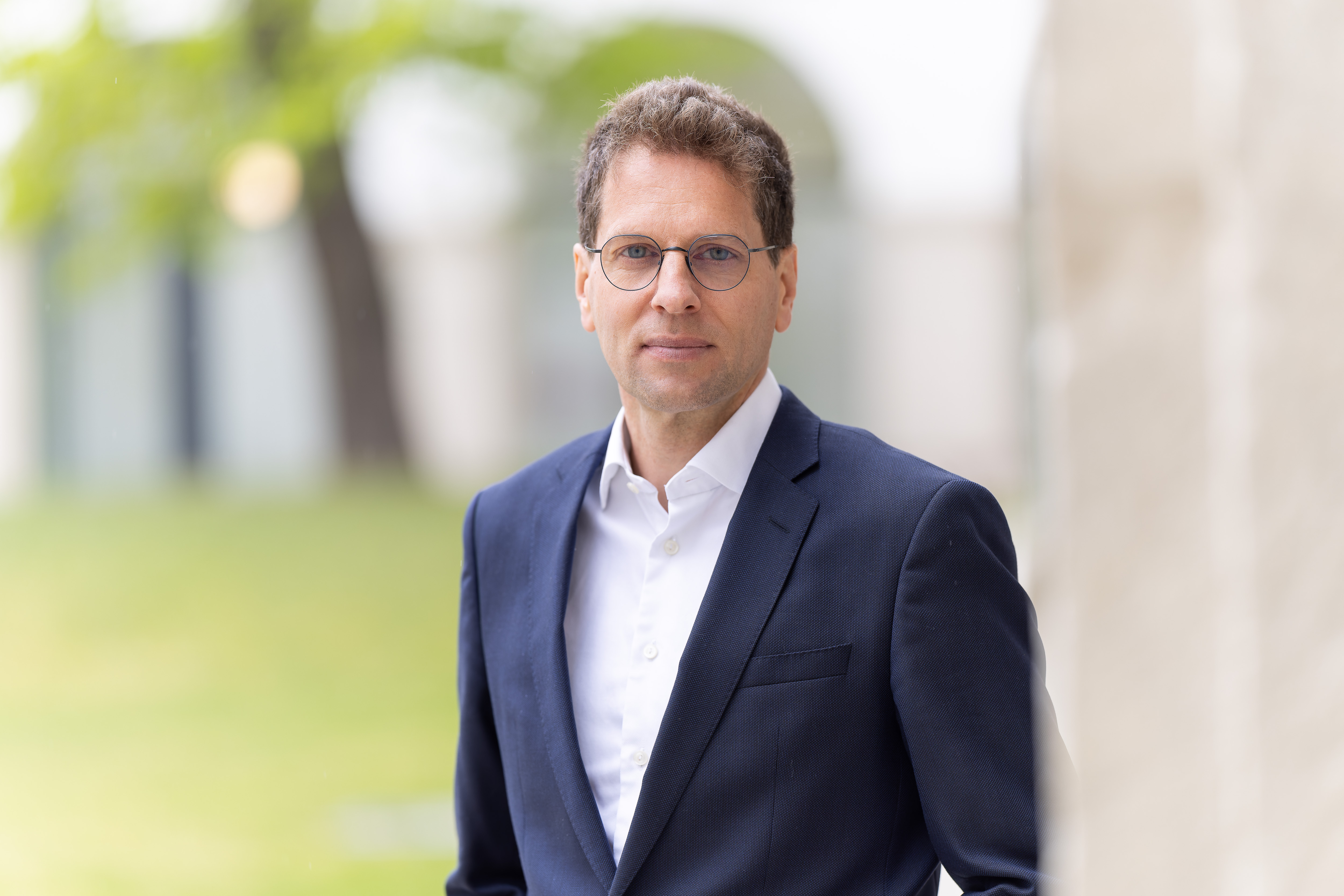The aim of the study “Nach Corona. Reflexionen für zukünftige Krisen” (After Corona. Reflections for Future Crises) by the Austrian Academy of Sciences (OeAW) was to extract lessons from the COVID-19 period through five scientific case studies and a broad dialogue with members of the public. Instead of evaluating past decisions, the focus was on learning for future societal and political challenges.
Alexander Bogner, the project leader and sociologist at the OeAW, says: “During the coronavirus crisis, trust in the media, science, and government was initially strong. Loss of trust can occur due to a lack of inclusive and open-ended debates, inadequate communication of political measures, and a perceived symbiosis among media, science, and politicians.”
Independence of science and the media is key
A key finding that emerged from both the scientific study and the citizen dialogue relates to the understanding of the roles of politics, science, and the media. During the pandemic, the necessary, close coupling gave rise to the impression of mutual instrumentalization. This led to the population’s increasing loss of trust in all three players. In times of crisis, it is therefore essential that competences and responsibilities are clearly distributed, and that science and the media are not perceived as extensions of the government, according to the study authors. The citizens’ dialogue “Österreich am Wort” (Austria has its say) also reinforces this point of view: of the 319 participants in the dialogue events, 97% believe that independent science is important for avoiding polarization, and 96% see politically independent media as important.
Science skepticism
The assumption that science lacks independence was a key driving force behind the increasing level of science skepticism, which culminated in weekly “corona demonstrations”. However, the study authors also point out that science skepticism cannot be viewed in isolation, but is a political phenomenon and part of a broader institutional skepticism. The study results suggest strengthening political and science education, including teaching the scientific process. In a quantitative survey carried out for the study, not only people with an affinity for science, but also people who are distant or skeptical about science – a total of 64% – spoke out in favor of teaching scientific thinking in schools.
End of the pandemic vs. end of freedom
There were plenty of conflicts during the pandemic, but there was a lack of transparent exchange of different arguments due to the time pressure of some decisions. The study identifies a deficiency in transparent decision-making, particularly concerning mandatory vaccination. Instead, mandatory vaccination was presented as the only option for getting the pandemic under control after almost two years. This reinforced the moral tone of the public debate.
The result was a polarization in which two camps emerged: some hoped the vaccination would bring an end to the pandemic, while others feared the loss of freedom. An open, argumentative approach to this conflict could have helped to avoid polarization. “Encourage debate, despite everything,” is one of the findings of the study authors – even if decisions have to be made under time pressure and patience with the other person is diminishing. Although this will not reach the radical edges, it can certainly prevent the distant, indecisive, or fearful center from slipping into skepticism about science and institutions, according to the authors.
Necessary diversity of perspectives
Ultimately, in times of crisis, it is important to consider expertise from various scientific disciplines before making political decisions, the researchers emphasise. In the COVID-19 pandemic, virology and epidemiology were given priority for a long time. In the discussion about schools, aspects of educational science and child psychology were initially of less relevance. The Ministry of Education did help reduce infections by providing extensive test data, meaning that lessons could take place on site again. At the same time, with this focus on infections, the Ministry consolidated the role of virology, while other perspectives – such as those from educational sciences – remained in the background. The study’s recommendation: Advisory committees with representatives from different disciplines can point out various aspects of a crisis to politicians from the outset. This applies to pandemics as well as to, for example, the climate crisis.
Training for political advisors
Scientific advisory bodies such as the pandemic coordination center GECKO play a key role in crises. To better utilize the potential of such committees in the future, the study authors recommend leaving room for debate and dissent, despite the understandable desire for clear answers to burning questions. Science cannot and should not take away decision-making authority from politicians; it can only show options for action. To enable targeted policy advice, data from the various authorities and ministries must also be made available. Scientists also need consultation training before making themselves available to such a committee. This training should go beyond media appearances, focusing on understanding one’s role, responsibilities, and limits in the consultation process. Scientists also need to be released from other tasks to be able to devote enough time for this.
Citizens’ dialogue “Österreich am Wort”
The dialogue process “Österreich am Wort” took place in autumn 2023 with 319 people from all federal states randomly selected by Statistics Austria to reflect the Austrian population. The dialogue served to examine the pandemic in more depth and was not a representative survey. In small groups of six to eight people, members of the public developed 185 recommendations for politicians, the media and science. These were analyzed and compiled into 38 recommendations based on their content. These 38 recommendations were finally presented to all participants in the dialogue process for evaluation.
About the study
The study “Nach Corona” was carried out by the Austrian Academy of Sciences under the direction of sociologist Alexander Bogner. Other participating institutions: University of Vienna, Centre for Social Innovation, Institute for Advanced Studies, Medienhaus Wien, Statistics Austria.
The study consists of five social science case studies and a description of the citizen dialogue “Österreich am Wort”.
- Case study 1: Polarisation in the media and public
- Case study 2: On the political handling of conflicting goals I: Compulsory vaccination
- Case study 3: On the political handling of conflicting goals II: Distance learning
- Case study 4: Evidence and clarity – challenges of organizing scientific policy advice
- Case study 5: Science skepticism
- “Österreich am Wort” – A dialogue process for coming to terms with the coronavirus crisis

